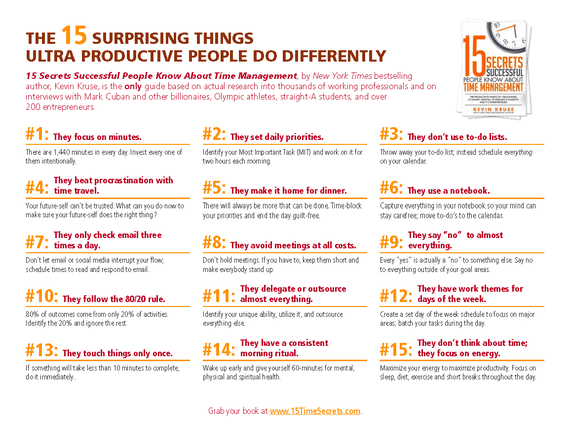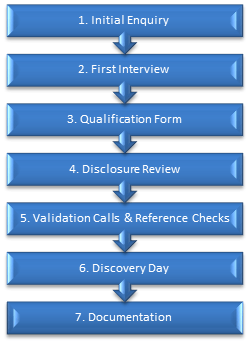The Bitcoin – the virtual banking currency of the Internet – has existed for several years now and many people often have questions about them. Where do they come from? Are they legal? Where can you get it? We have the answers to these questions and more.
What are Bitcoins?
Bitcoins are electronic currencies, also known as’cryptocurrencies‘. Bitcoins are a form of digital public money that is created through complex mathematical calculations and monitored by millions of computer users called “miners“.
You could say that Bitcoins they are essentially electricity converted into long strings of code that have monetary value.
Why Are Bitcoins So Controversial?
Several reasons have converged to make Bitcoin coins be a real media sensation.
From 2011-2013, illegal traders bought millions of dollars in bitcoins making them famous and with the sole objective of being able to move money outside the gaze of the law and as a result the value of bitcoin soared.
Ultimately however, the bitcoins They are highly controversial because they take money-making power from federal central banks and give it to the general public. With Bitcoins, accounts cannot be frozen or examined by tax collectors, and also intermediary banks are completely unnecessary for the money to move.
Bankers see bitcoins as ‘gold nuggets in the wild west’, outside the control of the police and traditional financial institutions.
How Bitcoins Work
Bitcoins are completely virtual currencies designed to be ‘autonomous’ for its value, without the need for banks to move and store money.
Once you own cryptocurrencies, they behave like real physical gold coins: they have value and trade just like gold nuggets in your pocket. You can use your bitcoins to buy goods and services online, or you can simply save them and wait for their value to increase over the years.
Bitcoins are traded from one personal wallet to another
A purse or wallet is a small personal database that you store on your computer drive, on your smartphone, on your tablet, or somewhere in the cloud.
Either way, bitcoins are counterfeit proof. They are so computationally complex that it makes no sense for counterfeiters to try to manipulate the system.
Bitcoin Values and Regulations
A single bitcoin can vary in value daily; You can access sites like Coindesk to see the current value. There are more than two billion dollars worth of bitcoins in existence.
Bitcoins will cease to be created when the total number reaches 21 million coins, which will be sometime around the year 2040. By 2017, more than half of those Bitcoins have already been created.
The Bitcoin it is a completely irregular and decentralized currency. There is no national bank or state currency, and there is no deposit insurance coverage. The currency itself is autonomous and non-collateral, which means that there is no precious metal behind the bitcoins; the value of each resides within each coin itself.
Bitcoins are guarded by ‘miners’, the massive network of people who contribute their personal computers to the Bitcoin network. The miners act as a swarm of ledger keepers and are the auditors for the transactions of this virtual currency.
Miners are paid for their audit work by earning new bitcoins for each week they contribute to the network.
How Bitcoins Are Made
A bitcoin, at its core, is a very simple data record file called a ‘blockchain’. The file size of a blockchain is quite small, similar to the size of a long text message on a smartphone.
Each blockchain bitcoin It has three parts, two of which are very simple: your identifying address (approximately 34 characters long), and your buying and selling history (the record).
The complex part of bitcoin is its third part: the private key header register. This header is where a sophisticated digital signature is captured to confirm each of the transactions for that particular file.
Each digital signature is unique for each individual user and their for their personal bitcoin wallet.
These signature keys are the security system: Each bitcoin transaction is tracked and is tagged and made public, with the digital signature of each participant connected to the bitcoin blockchain as a ‘confirmation’.
These digital signatures are administered for several seconds to confirm transactions through the network, preventing transactions from being duplicated or falsifying.
NoteWhile each bitcoin records the digital address of each wallet it touches, the Bitcoin system does NOT record the names of individuals who own wallets. In practical terms, this means that in each transaction the bitcoin is confirmed digitally, but at the same time it is totally anonymous.
Your coins are stored on the computing device of your choice, but the history of each Bitcoin is publicly stored on the Bitcoin network, and each user will be able to view the history of each coin.
People cannot see your personal identity, however they can see the history of your Bitcoin wallet. This is a great strength as having a public history adds transparency and security to the system and helps to deter people from using cryptocurrencies for dubious or illegal purposes.
You can see Bitcoins transactions at blockchain.info. These are a kind of public ledger for all the bitcoin wallets on the planet. Note: There are no names of people as the wallets or purses are completely anonymous.
Charges to Use Bitcoins
There are some minor costs to use bitcoins. However, there are no bank charges related to Bitcoin or other cryptocurrencies because there are no banks involved. Instead, you will have to pay minimal fees to three groups of services: the servers (nodes) that support the miners’ network, the online exchangers that convert their bitcoins to dollars, and the groups of miners you join.
The owners of some server nodes will charge transaction fees of a few cents each time you send money through their nodes, and exchangers or online exchangers charge similarly when they convert your bitcoins to dollars or euros.
Also, most mining pools charge a small support fee of one percent or request a small donation from people who join their pools.
In the end, although there are certain nominal costs to use Bitcoins, transaction fees or donations for mining are much cheaper than bank fees or conventional costs for transfers.
Continue watching: Second part of Bitcoins, what are they and how do they work?

























